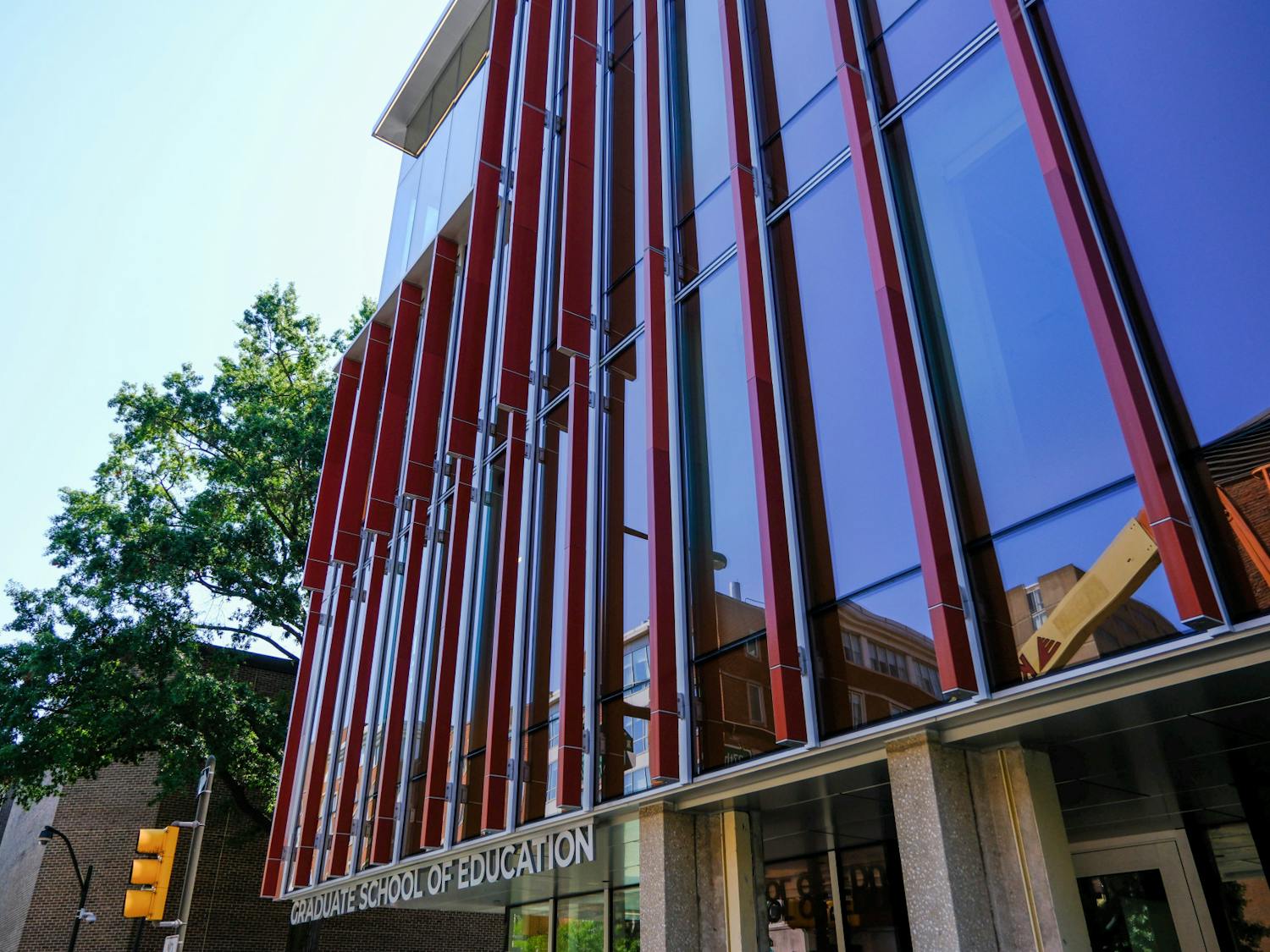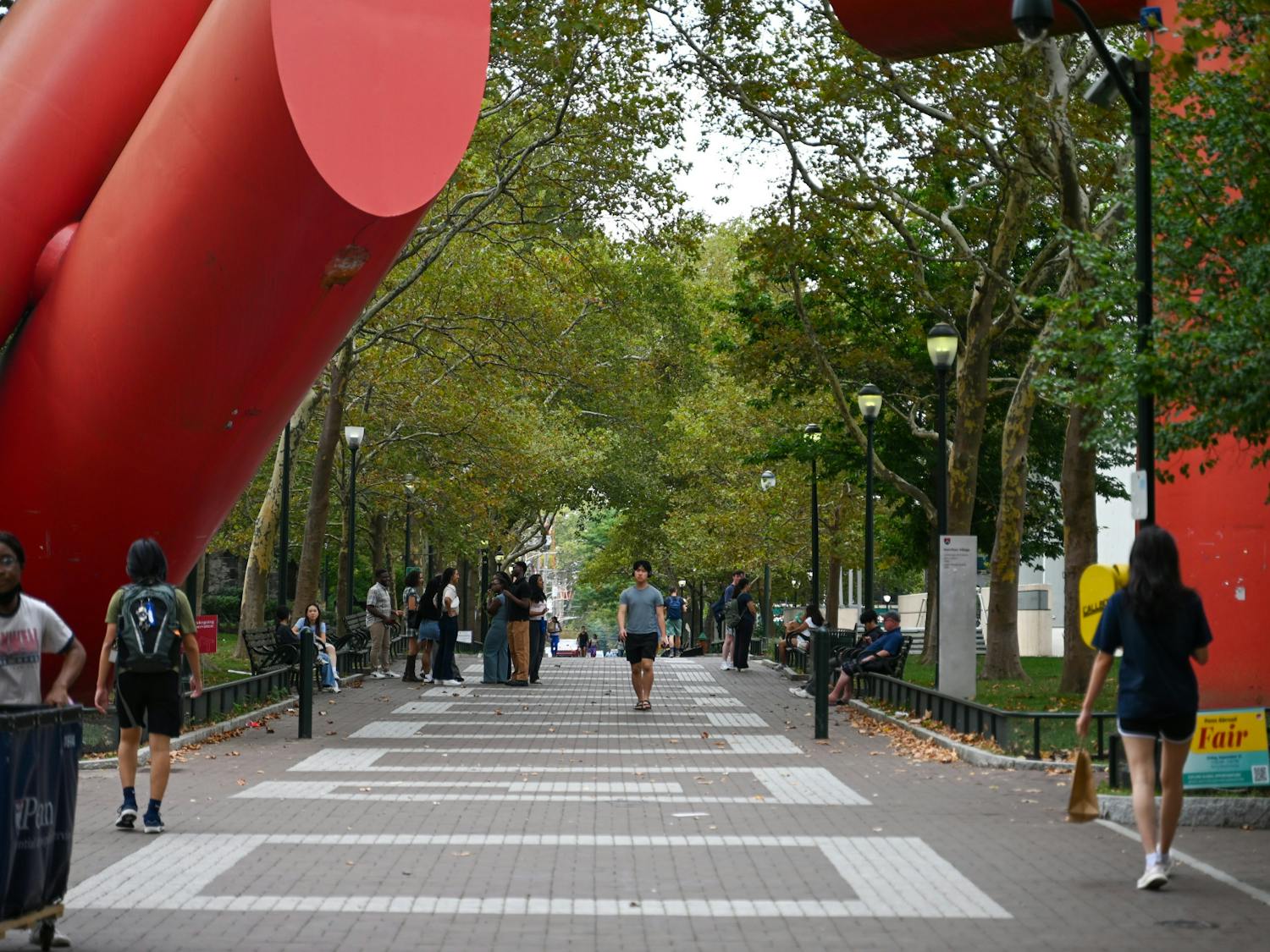About a five to 10 minute ride on the 36 trolley from Penn’s campus will get you to a secret garden of Philadelphia, the Community Farm and Food Resource Center at Bartram’s Garden.
The center works towards increasing access to fresh, organic, nutritious food for the Southwest and West Philadelphia communities. It provides a place for people to develop tools for self-reliance through food sovereignty, to strengthen relationships with the land, their food and each other and to build a more just and community-powered food system.
Ty Holmberg, the co-director of CFFRC, said this farm strengthens the community and gives access to healthy and culturally relevant food.
“The ability to see the connection of people in a large city, but also being able to connect with the land and to their food, has been very rewarding,” Holmberg said.
CFFRC is a joint initiative of the Agatston Urban Nutrition Initiative, a component of the University-assisted Community Schools program of the Netter Center for Community Partnerships at Penn, Bartram’s Garden, the Pennsylvania Horticultural Society and the City of Philadelphia’s Department of Parks and Recreation.
Totaling four acres on the border of the Schuylkill River near 54th Street and Lindbergh Avenue, the CFFRC includes 1.5 acres of vegetable crop farming, orchards, an education and kitchen classroom and a green house and distribution center.
College senior and assistant farms manager Zoe Blickenderfer said working at CFFRC enhanced her experience at Penn and helped her focus her scholarly interest in both urban studies and agriculture.
“Being involved with the community farm and center provided a space for learning and growth in a non-traditional academic setting,” Blickenderfer said. “It also has provided a space for me to get away from Penn’s campus and breathe.”
In 2015, with the help of 22 paid high school interns, the farm produced over 11,000 pounds of food, distributed over 80,000 vegetable transplants to over 130 farms and gardens in Philadelphia, hosted over 1,500 volunteers and held 50 affordable weekly farm stands.
As part of the Agatston Urban Nutrition Initiative’s Youth Development Project, the CFFRC employs youth from John Bartram High School to help run the farm and community garden. The students attend college and career readiness sessions, learn healthy cooking skills and participate in food systems field trips.
Holmberg takes his students on a walk from the Fresh Grocer at the intersection of 40th and Walnut streets to the Fresh Grocer on Chester Avenue near 54th Street in order to see and understand the disparities in the food being supplied to the different neighborhoods.
Research by a team of Yale University professors found that healthier food options are typically limited in low-income neighborhoods. “Lower-income neighborhoods (compared to those in higher-income neighborhoods) stock fewer healthier varieties of foods and have fresh produce of much lower quality,” the study said.
According to a 2012 USDA report, if a number of food stores are close by, competition over price, quality and other store attributes is likely to be greater and consumers are likely to benefit, but if there is only one store nearby, there is likely to be less competition over these attributes.
The food education programs stress the importance of the traditions and culture of food. The other co-director, Christopher Bolden-Newsome, heads an area of the farm that is dedicated to the African Diaspora as a way to connect or reconnect to African heritage.
Bolden-Newsome highlighted the importance of passing down food traditions through the generations in order for the African American culture to survive.
“The farm is a place where the African American community can reestablish the broken link of the basic knowledge and information of our history between the older generations and younger generations,” Bolden-Newsome said. “It is essential to give integrity and respect to each generation.”
Many Penn students participate at the CFFRC through volunteer days on Saturdays, in Academically Based Community Service courses through the Netter Center or by becoming a Farm Fellow. The Farm Fellowship is a year-long opportunity for undergraduate and graduate students who want to learn more about food systems through service learning.
By growing their own food and learning the importance of food, Holmberg says the community is reclaiming some of the power in where their food comes from.
“When we are able to grow our own food, we are getting out of the power structure of the grocery store based on if it moves in or out,” Holmberg said. "If we develop tools, we can be self-reliant and do it ourselves, then we are bringing power back to the community and out of that system.”









